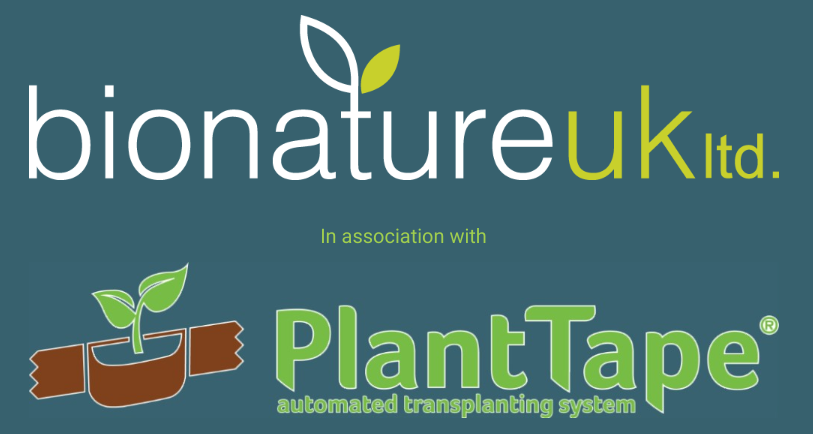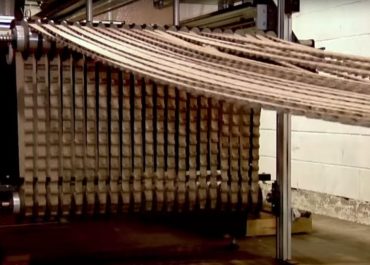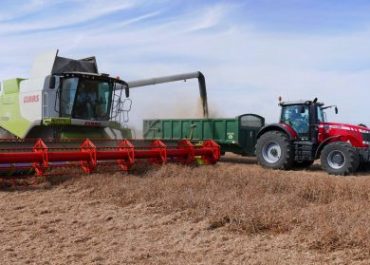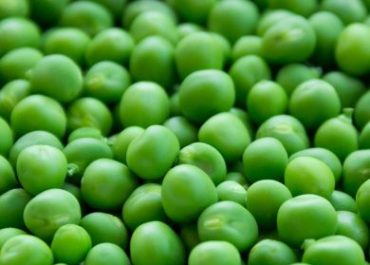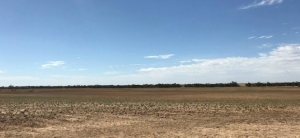July 17th & 18th
10am – 4pm
Near Boston, Lincolnshire
Bionature UK is working with PlantTape to demonstrate how the latest technology can help your farm. Whether you’re growing leafy greens, brassicas, leeks, sugar beet or onions, you’ll see how our smart liquid fertilisers and PlantTape’s automated sowing line transplanting machines can help you.
You’ll be able to see…
- Sowing line demonstrations
- Latest model transplanter demonstrations
- PlantTape and Bionature fertiliser trials
Catering will be provided.
Westhorpe Plants,
Benington,
Boston,
Lincolnshire
PE22 OEL
Field generously provided by TH Clements.
Bionature will be showcasing it’s latest field trials using our smart liquid fertilisers. Find out more about how our products can help you, please visit our product pages.
If you’d like more information about our demonstrations, please contact us.
